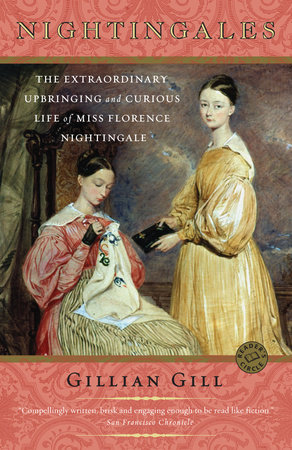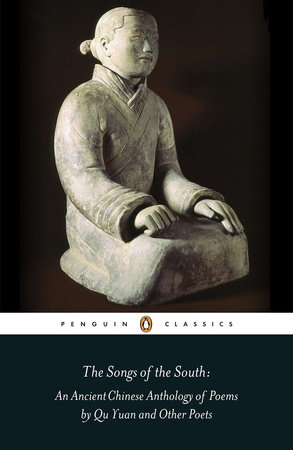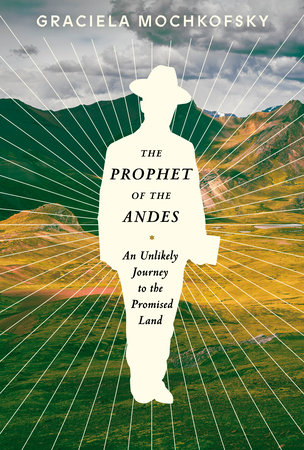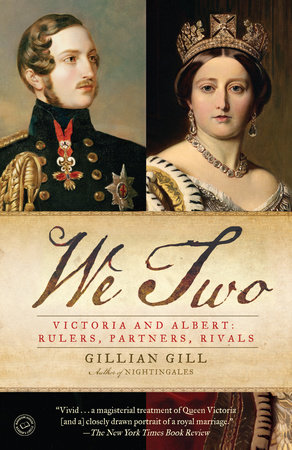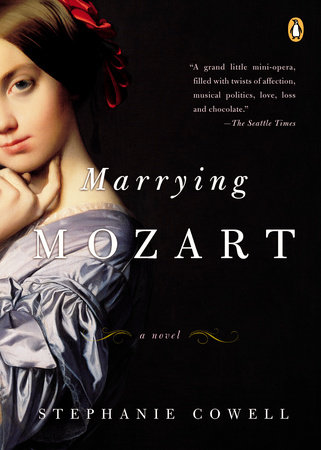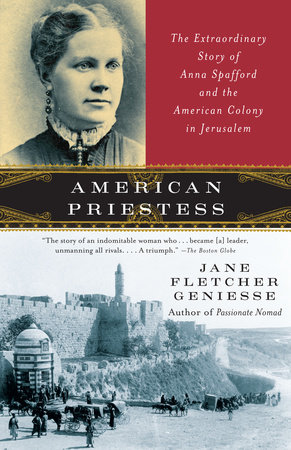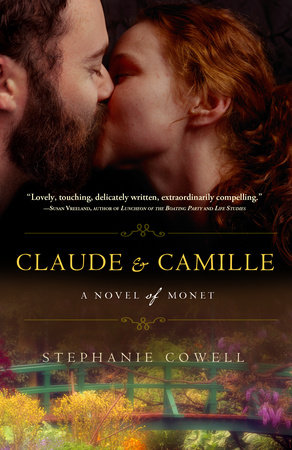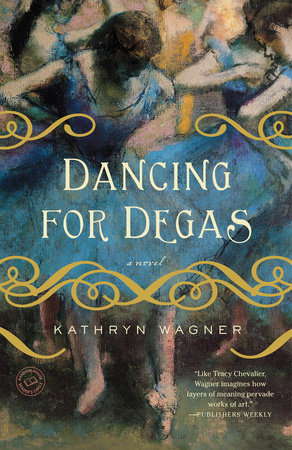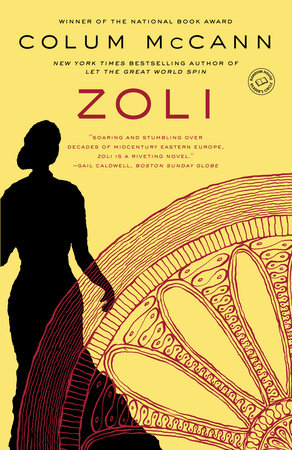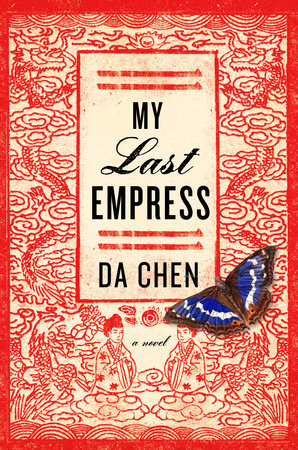A Talk with Gillian Gill
You’ve written about Agatha Christie, Mary Baker Eddy and now Florence Nightingale. Why these three women?
I was tired of reading biographies of women who died young, messed up their lives spectacularly, became famous as mother/wife/sister/mistress to famous men, or were merely born royal. Christie, Baker Eddy, and Nightingale were very different women but they have certain things in common. All placed their Christian faith at the core of their lives. All three were controversial women of outstanding capacity and drive. All achieved remarkable things, against the odds and in unconventional ways. All knew how to earn and manage money, craft a professional career in non-conventional ways, and earn the passionate support, as well as the enmity, of both women and men. All became internationally famous, but then retired into seclusion to escape the media attention and public interest their work had provoked. All lived to be old as well as successful. All three remain controversial and leave a contested legacy. All confronted head on the handicaps experienced by women in traditional societies, all placed gender at the center of their written work, yet none identified herself as a feminist.
What in particular about Florence Nightingale attracted you to her as a subject?
She was such a complicated, compelling, fascinating person, and from the age of about five she started writing down what she was thinking and feeling in journals and letters and jottings so you can really get inside her head and experience life as she did. Florence Nightingale is not just a legend, or an historical footnote, though she was born close to two hundred years ago. I wanted to explore the complex reality behind the legend of the “Lady with the Lamp” and move beyond the dark shadow of a woman cast on the wall by a single, small, hand-held light. I wanted to see Florence in context, as she was seen by her adoring but critical family, to show how she inherited from her remarkable family the abilities, ideas, and social connections that would determine the direction and extraordinary success of her life as an activist and reformer. Also, I am fascinated by the gender-related difficulties and frustrations she endured that are everyday realities today for women in the developing world and in traditional communities everywhere. Many people are still convinced that a woman is an inferior being, that her place is in the home, and that her overriding duty is to her family. The right of women to fulfill their talents, enter the public sphere, lead independent lives, and freely follow their highest aspirations is still being contested.
And indeed she was a woman who achieved a great deal…
Yes. Her work during the twenty-one months of the Crimean War was of great importance both in its immediate, practical effects and in its long-term symbolic significance. When she arrived in Turkey, the most basic requirements for survival and health were missing in the hospitals and the transport ships. A pioneer in the implementation of public health measures in epidemic conditions, Florence Nightingale made it her business to ensure that the sick men entering the hospital she served in were at the very least swiftly attended to, washed, given clean clothes, a bed, clean linen, and digestible food. As supervisor of nursing and unofficial purveyor during the Crimean war she saved many lives and relieved the pain of many more. Furthermore, she was instrumental in the movement to redefine the rights of the ordinary soldiers in the British army in which men of rank and wealth had always taken precedence and enjoyed immense privilege. Whereas the officer class habitually dismissed the soldier as a drunken illiterate brute, Nightingale regarded men of the ranks with a sympathy and compassion that grew to admiration. The men correctly saw her as their champion and her legend as the “Lady with the Lamp” grew out of their expressions of devotion. When she returned from the war, she dedicated the rest of her life to making life healthier, safer, and happier for her fellow citizens, not only in the British islands but in India, then Britain’s largest colony.
Do you consider Florence Nightigale a heroine?
Yes, she is a bona fide heroine. I believe that everyone has at least feet of clay, but real heroes do exist, deserve to be praised, and need to be emulated. Florence Nightingale was neurotic, difficult, driven, obsessive, alienated, but she had brains, energy, charisma, ideas, beliefs, and ideals. She dared to dream dreams, and she was also ready to put in decades of hard, laborious, unromantic, selfless, unpublicized, important work. Florence Nightingale earned her place in history.
How did religion play a role in Florence Nightingale’s life?
Spirituality was at the core of Florence Nightingale’s life, the driving force behind her career. She had an unwavering faith in God and a conviction that faith is expressed not in words but in service to one’s fellow men.
I can see Florence Nightingale was admirable, even a saint–but is it possible to really like her?
That’s a very good question. She was a pretty reserved, moody, tough-minded person who did not tolerate fools gladly, and she was especially hard on women of her own class. I think it would have been enormous fun to sit across the dinner table from her when she was about twenty-five and just listen to her conversation. She was so witty and sardonic and full of information and opinions about everything from Egyptian hieroglyphics to seashells to the sociology of fashionable spas. She had enormous charisma, when she chose to exercise it, and when she was young, she had masses of friends. Throughout her life a lot of people, men and women, positively worshipped her. Of course she also aroused intense animosity, but I think her enemies didn’t really know her as a person. They thought she was a uppity bitch, a high-class bossy boots who should have stayed at home and stuck to her knitting. In some ways, I think Florence Nightingale was such a private person that we today, because we can read her private papers, can know her better than people who lived in the same house. I find that when someone turns out to be so crazy and passionate and complicated, as well as infuriating, it’s hard not to like them, so I really like Florence.
Florence Nightingale spent the last fifty years of her life as a confirmed invalid and almost never left her bedroom. That’s pretty weird–or at least pretty Victorian–isn’t it?
You are so right! Nightingale was extremely weird and that makes her almost archetypally Victorian. You know she lived at a time when children drank beer for lunch, gin was mother’s milk to many, port flowed by the barrel at gentlemen’s clubs, cheap laudanum was available over the counter, and sick people were prescribed arsenic and mercury. It was a crazy society–not just the madwoman in the attic, but the uncle in the asylum, the brother who committed suicide, and the sister who refused to get out of bed.
There are a wealth of papers, letters, etc. that the Nightingale family left behind that you drew upon for NIGHTINGALES. Is the amount of source material available almost two centuries later unusual?
A lot of the great Victorians left an enormous pile of papers behind them. The great statesmen like Gladstone or Disraeli or professional authors like Charles Dickens left an even bigger paper trail for future historians and biographers to follow. But, apart from Queen Victoria, Florence Nightingale was probably the most prolific woman writer and the biggest packrat of her generation. The problem has been that so much of her writing has remained unpublished, and scattered all over the world, often in private collections. Only now is a determined effort being made to make everything she wrote available through electronic publishing. In about ten years from now, when all the material has been transcribed and put out, it will be possible to write a new full-scale biography of Florence Nightingale.
Is Florence Nightingale relevant today?
She is an especially good model for women today who seek happiness and fulfillment by working for social and political change. She struggled for many years against the conventional expectations of her high social caste, but she finally succeeded as a social activist and lobbyist for health care reform because she found a way to make her family network and her privileged social status work for her.
